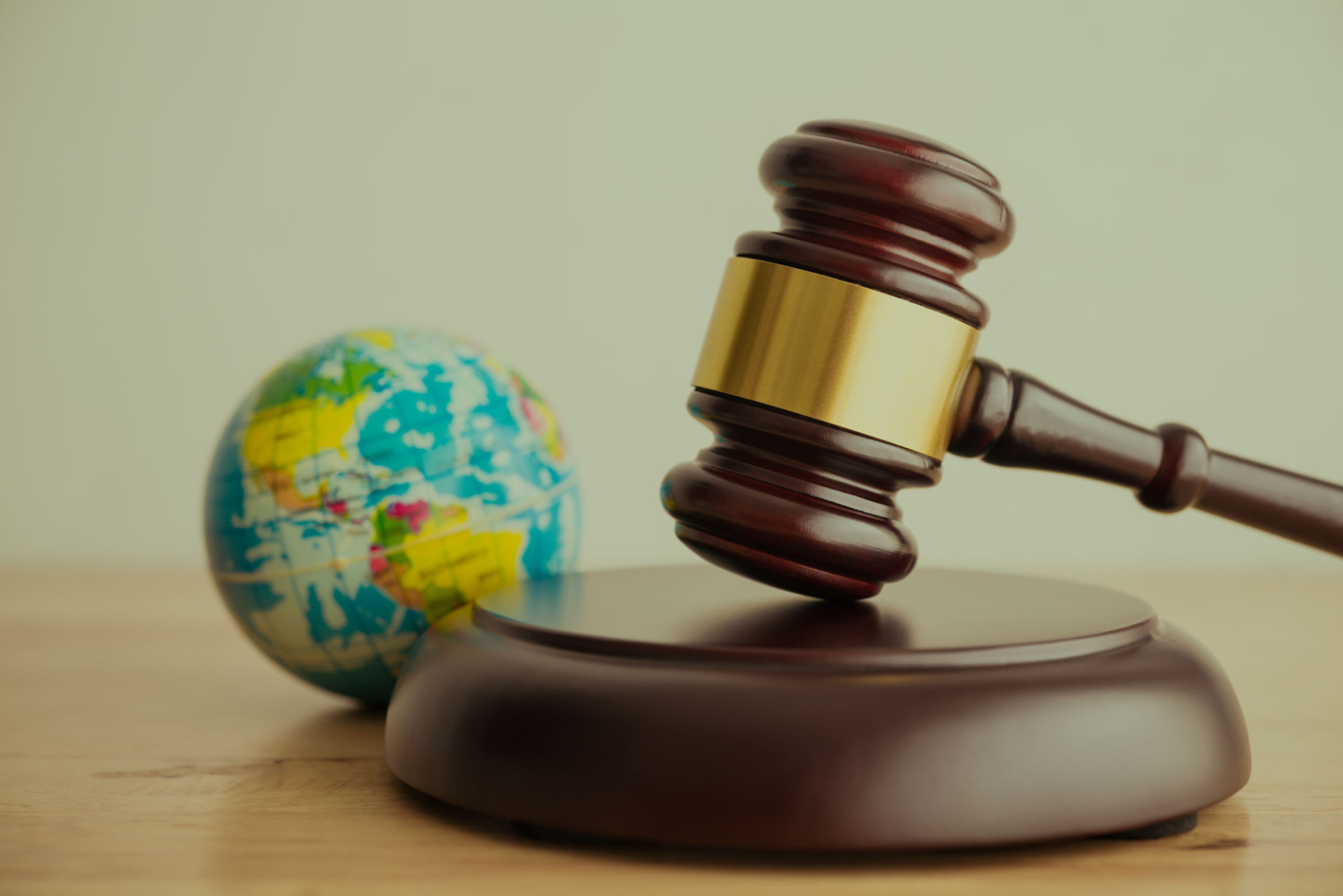Top 5 Misconceptions About Trademark Law and Intellectual Property
Understanding Common Misconceptions
Trademark law and intellectual property (IP) are crucial components of modern business, ensuring that brands can protect their unique identity and creations. However, misconceptions about these topics abound, often leading to confusion and potential legal missteps. Below, we address the top five misconceptions related to trademark law and intellectual property.

Misconception 1: A Trademark Grants Total Ownership
One of the biggest misconceptions is the belief that obtaining a trademark gives you total ownership of a word or phrase. In reality, a trademark provides protection only within specific business categories. For example, "Delta" is a trademarked name for both an airline and a faucet company, yet they do not infringe upon each other because they operate in different industries.
Misconception 2: Using a Trademark Symbol Guarantees Protection
Another common misunderstanding is that simply placing a ™ or ® symbol next to a name or logo automatically offers legal protection. While the ™ symbol can be used to indicate a claim of rights, the ® symbol is reserved for trademarks that have been registered with the relevant governmental body, such as the United States Patent and Trademark Office (USPTO). Unauthorized use of the ® can lead to legal repercussions.

Misconception 3: Copyright and Trademarks Are the Same
Many people confuse copyright with trademarks, assuming they provide the same protections. However, copyright protects original works of authorship like books, music, and movies, whereas trademarks protect brand names, slogans, and logos used in commerce. Understanding the distinction is crucial for choosing the appropriate protection for your intellectual property.
Misconception 4: Global Trademark Protection Is Automatic
Some believe that registering a trademark in one country automatically grants them global protection. This is not the case. Trademark protection is generally limited to the country or region where it is registered. If you plan to operate internationally, you must apply for trademark protection in each respective market, which can involve navigating different legal systems and regulations.

Misconception 5: Trademarks Never Expire
A common myth is that once a trademark is registered, it lasts forever. In reality, trademarks require renewal and can be lost if not actively used. Typically, trademarks must be renewed every 10 years, and failure to demonstrate use in commerce can result in cancellation. Maintaining a trademark requires vigilance and compliance with renewal requirements.
Conclusion: Navigating Trademark Law Effectively
Understanding these common misconceptions about trademark law and intellectual property is crucial for any business seeking to protect its brand and assets. By being informed, businesses can avoid costly mistakes and ensure their intellectual property is adequately safeguarded. Always consult with legal experts when dealing with IP matters to ensure compliance and protection.
